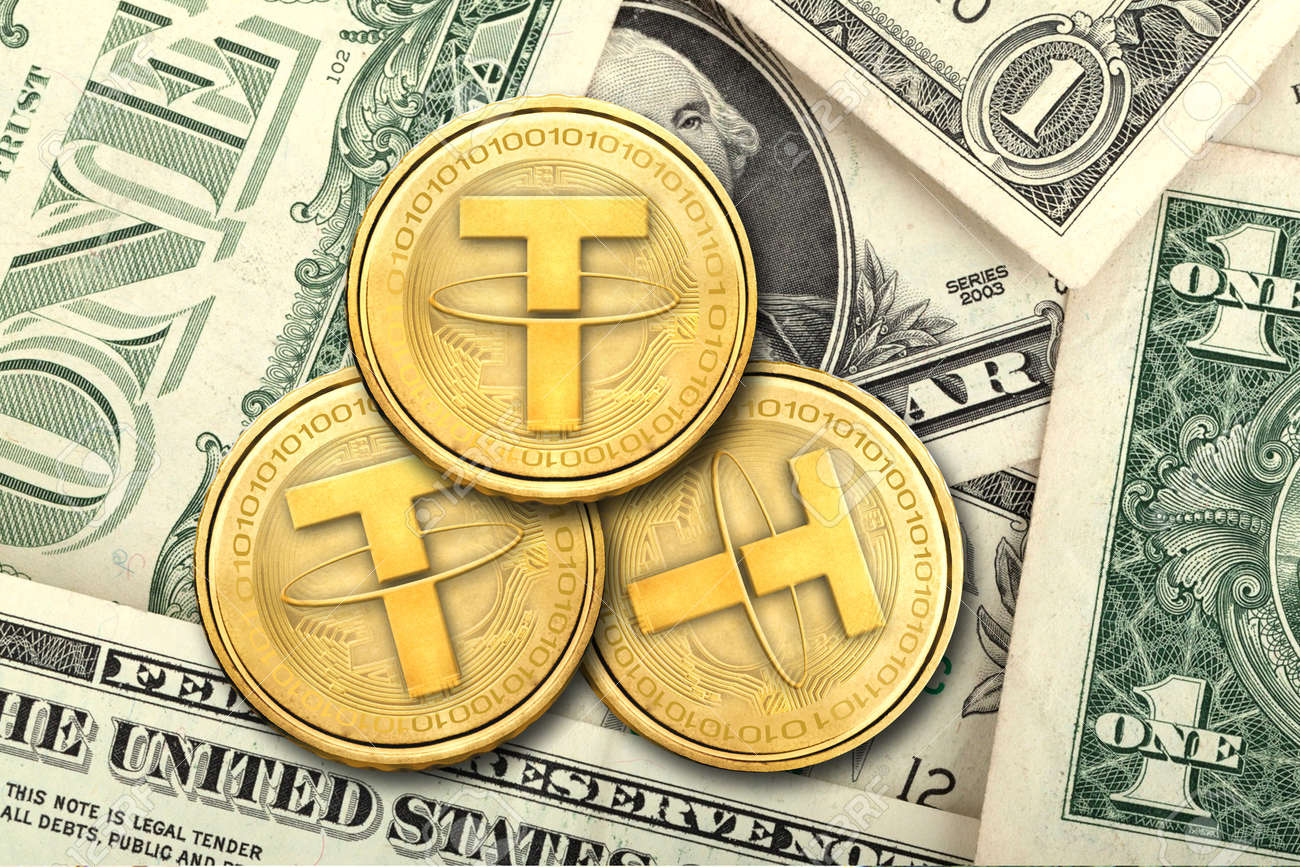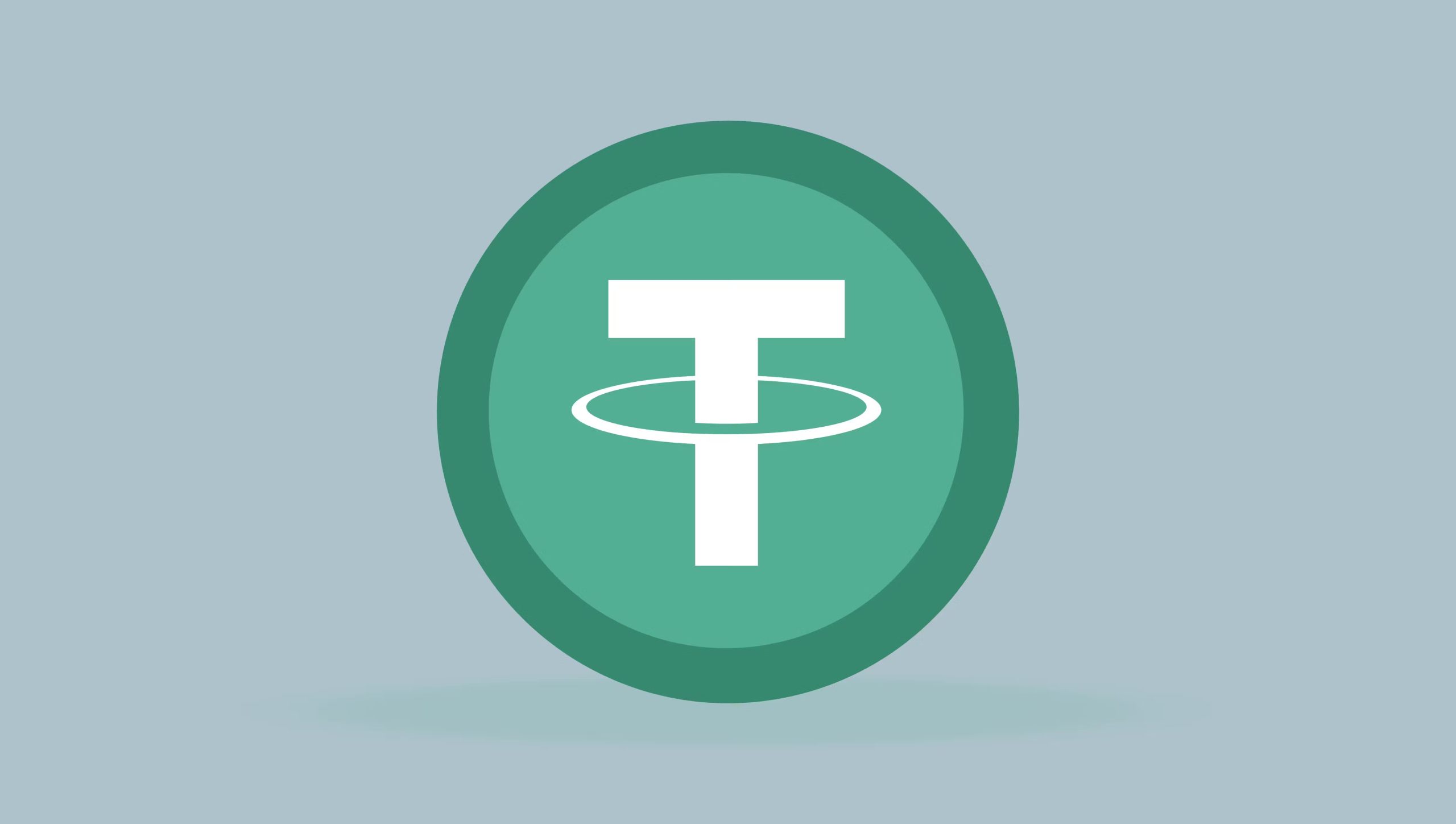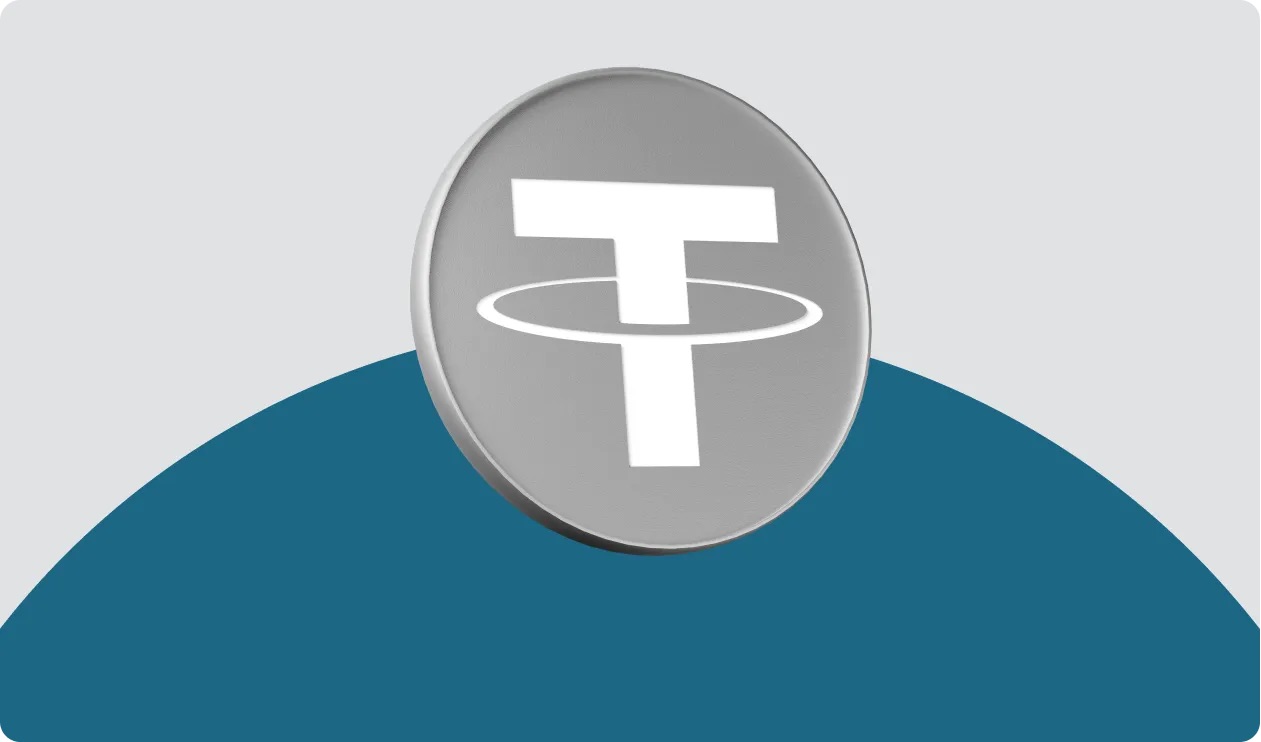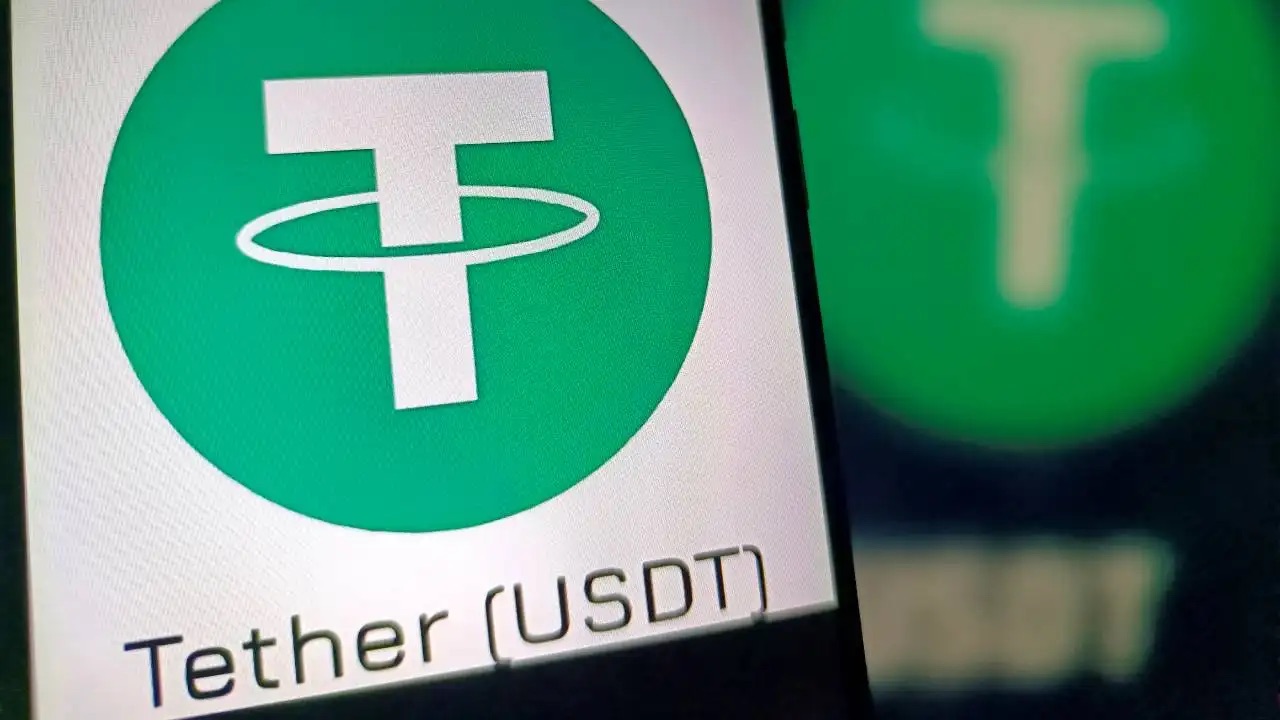The Dubai Financial Services Authority (DFSA) recently announced that it has officially approved the USDC and EURC stablecoins issued by Circle, making them the first recognized stablecoins by the authority. This means that companies in the Dubai International Financial Centre (DIFC) can now integrate these two stablecoins into various digital asset applications, including payments, fund management, and services.
Circle’s Stablecoins Recognized by the Dubai Financial Services Authority
In 2024, the UAE government has made significant strides in clarifying its blockchain regulatory framework, launching a series of regulations. This includes a pilot project in the Hatta Digital Oasis, which is working to establish DAOs as legal entities.
The president of DIFC is none other than Sheikh Maktoum bin Mohammed bin Rashid Al Maktoum, the Vice President, Prime Minister, and Minister of Finance of the UAE, and the ruler of Dubai. The DIFC, established in 2004, is a financial and free economic zone that serves companies from the Middle East, Africa, and South Asia. The most recent announcement revealed that the DIFC is home to 6,920 active companies, with a total revenue of AED 1.78 billion (USD 484 million) in 2024.
With the DFSA’s approval of Circle’s USDC and EURC, these stablecoins can now be used as payment methods and more within the DIFC’s economic ecosystem, potentially accelerating the mass adoption of blockchain technology.
Tether and the Issuance of AED-Collateralized Stablecoins
However, Circle’s main competitor, Tether, has established strong ties with Abu Dhabi authorities. Tether has partnered with the Abu Dhabi-based tech group Phoenix Group PLC and Green Acorn Investments Ltd to apply for permission under the UAE’s newly announced payment services regulations to issue a stablecoin pegged to the UAE Dirham (AED).
For context, the UAE is composed of seven emirates, with most power concentrated in Abu Dhabi and Dubai. As per tradition, the ruler of Abu Dhabi is considered the president of the UAE, while the ruler of Dubai serves as the prime minister and vice president.






